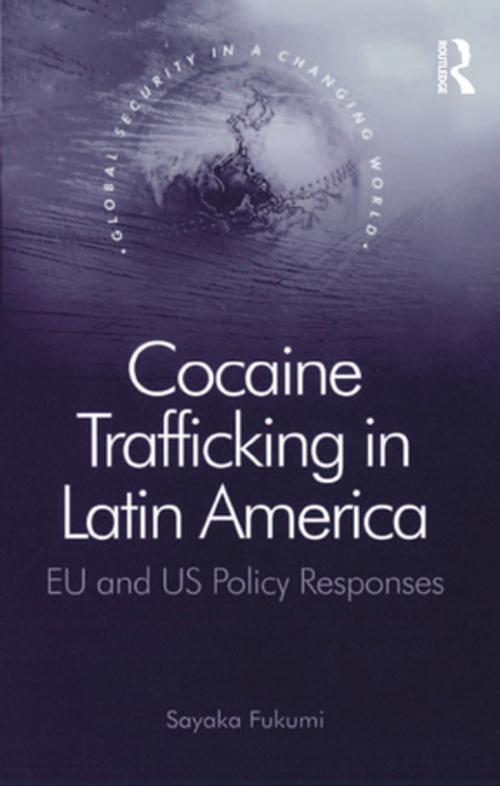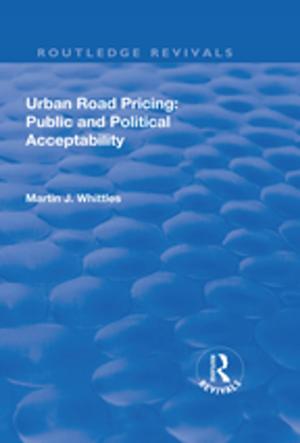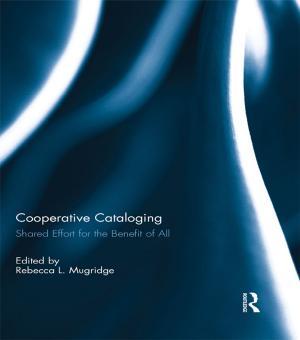Cocaine Trafficking in Latin America
EU and US Policy Responses
Nonfiction, Social & Cultural Studies, Political Science, International, International Relations| Author: | Sayaka Fukumi | ISBN: | 9781317164883 |
| Publisher: | Taylor and Francis | Publication: | May 23, 2016 |
| Imprint: | Routledge | Language: | English |
| Author: | Sayaka Fukumi |
| ISBN: | 9781317164883 |
| Publisher: | Taylor and Francis |
| Publication: | May 23, 2016 |
| Imprint: | Routledge |
| Language: | English |
The post-Cold War world has seen the emergence of new kinds of security threats. Whilst traditionally security threats were perceived of in terms of military threats against a state, non-traditional security threats are those that pose a threat to various internal competencies of the state and its identity both home and abroad. The European Union and the United States have identified Latin American cocaine trafficking as a security threat, but their policy responses to it have differed. This book examines the ways in which the EU and the US have conceptualized this threat. Furthermore, it explores the impact of cocaine trafficking on four state functions - economic, political, public order and diplomatic - in order to explain why it has become 'securitized'. Appealing to a variety of university courses, this book is especially relevant to security studies and European and US policy analysis, as well as criminology and sociology.
The post-Cold War world has seen the emergence of new kinds of security threats. Whilst traditionally security threats were perceived of in terms of military threats against a state, non-traditional security threats are those that pose a threat to various internal competencies of the state and its identity both home and abroad. The European Union and the United States have identified Latin American cocaine trafficking as a security threat, but their policy responses to it have differed. This book examines the ways in which the EU and the US have conceptualized this threat. Furthermore, it explores the impact of cocaine trafficking on four state functions - economic, political, public order and diplomatic - in order to explain why it has become 'securitized'. Appealing to a variety of university courses, this book is especially relevant to security studies and European and US policy analysis, as well as criminology and sociology.















